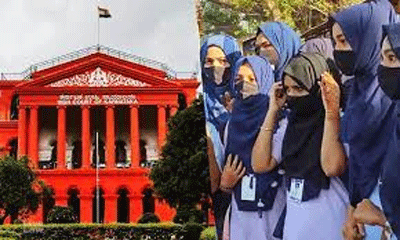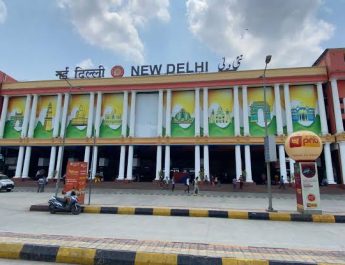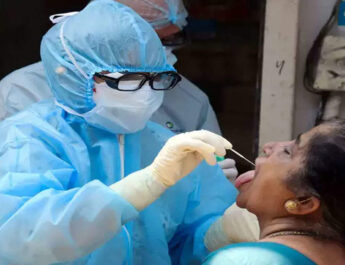From Our Bureau
NEW DELHI: In Karnataka’s Hijab row, the Supreme Court on Thursday refused to interfere by taking over the petitions pending before the Karnataka High Court.
Stressing that it was too early to intervene, Chief Justice of India N V Ramana said, noting that the matter was already listed for hearing in the afternoon before 3-judge Bench of the High Court. The controversy is raging over the schools asking the Muslim girls not to wear the Hijab with the school dress.
Senior advocate Kapil Sibal had mentioned the matter before a 3-judge Bench headed by CJI Ramana, pleading to put all petitions before the High Court before a 9-judge Bench examining the questions of law on religious freedom, emanating from the Sabarimala review verdict.
The Bench rejected his plea to at least list the case immediately. Sibal brought the issue to the Court’s attention, noting that the girl students were being stoned and the educational institutions in the state are closed because of the controversy.
“Let the High Court examine the issue. We know that a three-judge Bench is scheduled to hear the case today. Give them at least a day’s time. It is too early for us to interfere,” the CJI said.
Rejecting Sibal’s plea to list it before the Supreme Court, the CJI said: “The problem is if we list it, the High Court will never hear it. We are not saying anything on merits.”
Sibal said examinations are due soon in the state while the issue is spreading to other parts of the country and hence requiring the top court’s intervention.
He wanted it to go before a 9-judge Bench set up in February 2020, on the ambit and scope of religious freedom practised by multiple faiths across the country.
The top court had then framed various questions of law for the nine-judge Bench to decide. These include: What is the scope and ambit of religious freedom under Article 25 of the Constitution? What is the interplay between religious freedom and rights of religious denominations under Article 26 of the Constitution? Whether religious denominations are subject to fundamental rights? What is the definition of ‘morality’ used in Articles 25 and 26? What is the ambit and scope of judicial review of Article 25? What is the meaning of the phrase “sections of Hindus under Article 25 (2)(b)? Whether a person not belonging to a religious group can question the practices, beliefs of that group in a PIL petition?
The 9-judge Bench has to review the decision of the seven-judge Bench of the Supreme Court in the Shirur Mutt case in 1954 that had for the first time gone into what constituted “essential religious practices,” while holding that the State can’t regulate these practices, noting that the State’s regulations were limited to religious practices and activities that were economic, commercial or political in their character.





